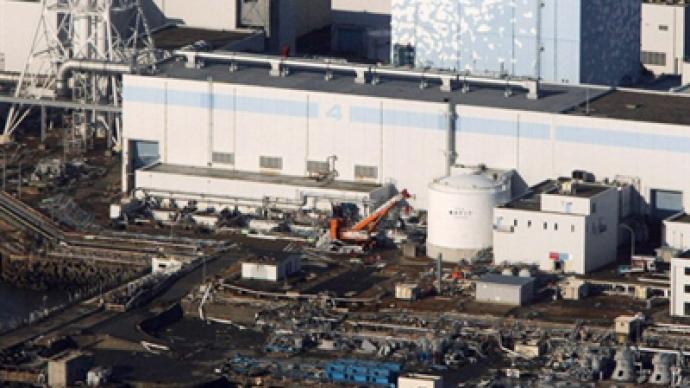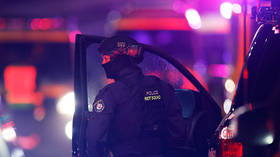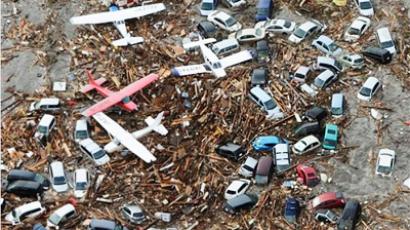Situation in Japan is certain to worsen – nuclear historian

More explosions in reactors could happen in Fukushima as the problem with the cooling system remains in several of the reactors, says Dr. Robert Jacobs, a research associate professor of nuclear history and culture at the Hiroshima Peace Institute.
“I know that there had been attempts to reduce the pressure inside the reactor core to cool the reactor to avoid a meltdown,” says Jacobs. “The explosion obviously indicates the failure of these efforts. Clearly the situation in this reactor is not under control if there is an explosion of this sort that blows the building apart,” says Jacobs. Christopher Simons, an Associate Professor at the International Christian University in Tokyo, explained that the reactor’s cooling system failed after both the back-up generators and the emergency batteries stopped working. The explosion may have therefore resulted from the exposure of reactor material to the air, Simons suggested. “There have been reports that both radioactive iodine and cesium have been detected around the reactor, and that could indicate that there is essentially no water left to cool this reaction,” Simons said. “And that could have caused the reaction.”
Dr. Xanthe Hall, a nuclear disarmament expert, says that although a Chernobyl-type disaster is unlikely to happen in Japan, the radiation is expected to be more intense in the contaminated area. “We hope that it won’t be like Chernobyl, in terms of how wide it would spread, because if it was an explosion coming out of the containment dome, then it won’t go as high as it did with Chernobyl and it won’t spread as far. But that means that the radiation will be a lot more intense in the actual area,” she said.
Ivan Blokov from Greenpeace says it is still too early to predict how the situation will unravel, but if Fukushima takes a course similar to that of Chernobyl, Japan would face a far worse catastrophe.“The most [likely] estimates show that 100,000-200,000 thousand people died because of the Chernobyl explosion,” Blokov said. “You can only imagine what will happen in Japan with a higher density of population.”
However, Sergey Novikov from Russia's Atomic Agency confirms that even in the most negative scenario, Russian experts believe that people in the Russian Far East should not worry about their health, as the radiation level will not rise dramatically. “As far as we know now, the nuclear fuel will stay in reactor vessel. It means that the products of fissile reaction, of radioactivity will not get into the atmosphere, except radioactive geysers,” said Novikov.
The scale of the radiation leak at the station cannot be known for sure, as authorities usually try to minimize their assessments of the danger in order to avoid causing panic, says Dr Winfrid Eisenberg from the International Association of Physicians Campaigning for the Prevention of Nuclear War.“But even the amount of radiation which was published is big enough to bring harm to people around, and especially to children and unborn children, embryos and fetuses,” said Dr Eisenberg.














